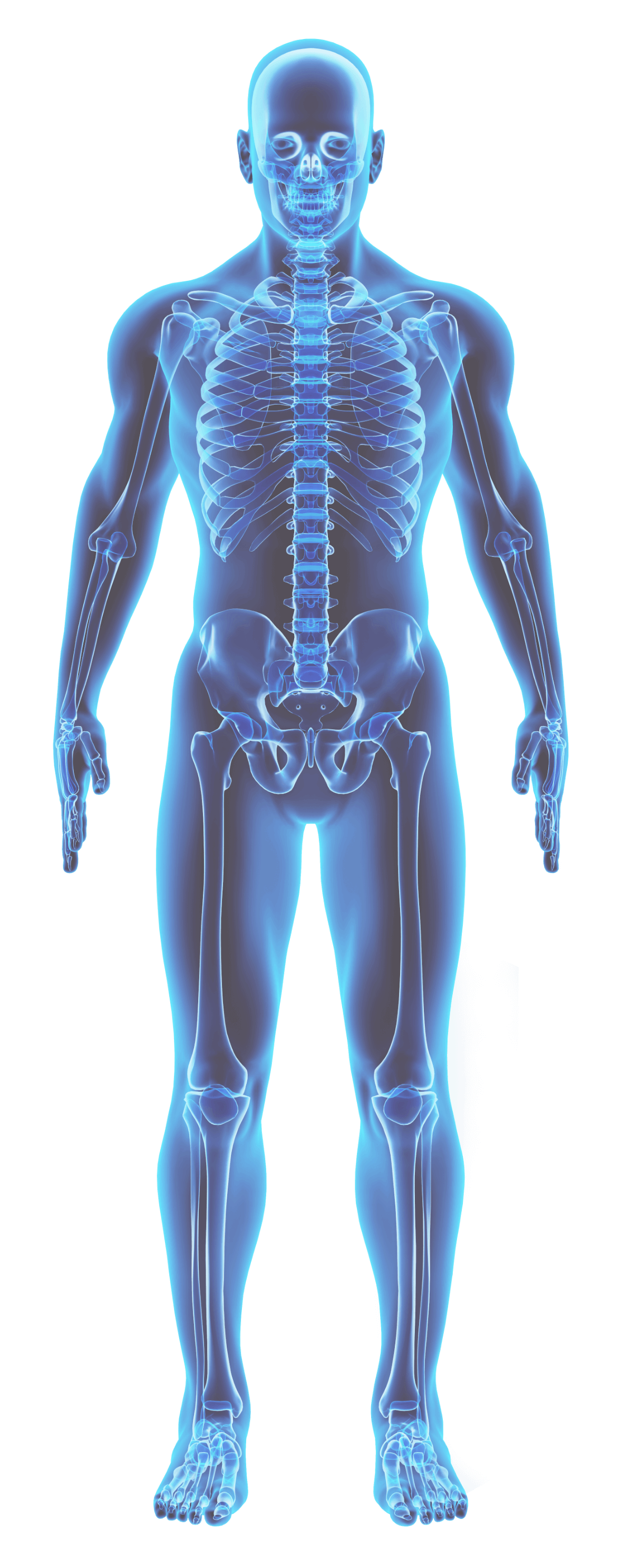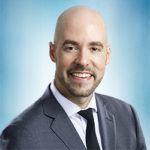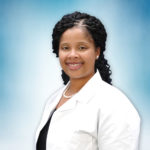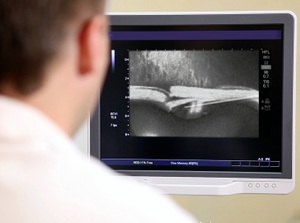Regenerative Medicine
Besides offering immediate care for acute injuries, we offer the most comprehensive options available for the relief of chronic and debilitating pain. Key among these are Regenerative Medicine-Orthobiologics that utilize your body’s own natural healing power.
Relief from Joint, Muscle and Ligament Pain
Direct Orthopedic Care (DOC) offers 7-day-a week access to Board-certified, Fellowship trained orthopedic and pain management physicians.
Besides offering immediate care for acute injuries, we offer the most comprehensive options available for the relief of chronic and debilitating pain. Key among these are Regenerative Medicine Orthobiologics that utilize your body’s own natural healing power.
From serious athletes to weekend warriors to those experiencing arthritis pain from aging, DOC has helped thousands relieve musculoskeletal pain and return to an active lifestyle.
Why Choose Doc?
- Open 7 Days a Week
- Board-certified Orthopedic Physicians
- Board-certified Pain Management Physicians
- Board-certified Orthopedic PA's and NP's
- Comprehensive orthobiologico solutions
Areas of the Body that Benefit from Regenerative Solutions
How Regenerative Medicine Helps Your Body
Regenerative Medicine Orthobiologic therapies, also sometimes called orthobiologics, use biological tissues found in the human body, such as blood platelets, or bone marrow aspirate concentrate (BMAC).
Generally, injuries to musculoskeletal tissue have a relatively poor ability to heal on their own. Regenerative orthopedics may improve pain and discomfort of the musculoskeletal system and enhance the healing of orthopedic conditions.
Orthobiologics can be used to treat degenerative conditions such as certain forms of arthritis, as well as injuries and traumas. Regenerative medicine may help some patients avoid orthopedic surgery completely. Conditions commonly treated with regenerative medicine include:
- osteoarthritis and joint pain
- tendonitis and tendinosis
- degenerative disc disease in the spine
- fractures (broken bones) that are not healing correctly
- cartilage injuries
- muscle strain injuries in athletes
- knee injuries
- labral tears (torn hip labrum or torn shoulder labrum)
- ligament sprains or tears ( ACL & MCL tears of the knee)
- partial tendon tears
- nerve inflammation
- plantar fasciitis
Regenerative Medicine Orthobiologics may also help shorten and improve the healing process following orthopedic surgeries, such as ACL reconstruction or other ligament surgeries, and meniscus repair.
FAQ's
What is Platelet Therapy?
Platelet Therapy utilizes concentrated growth factors, from your body’s own blood, that can stimulate aggressive healing when injected into an injured (or degenerated) part of your body. The normal concentration of platelets circulating in our blood is 200,000 per microliter. Current evidence suggests that platelet count in Platelet Rich Plasma should be near or exceed 1,000,000 platelets per microliter which is a concentration of 5x.
What conditions does it treat?
Are these treatment options FDA approved and safe?
Are there any potential side effects?
How successful are these options at treating my problem?
What happens after the injection in the office?
What is Bone Marrow Aspirate Concentrate (BMAC) Treatment?
BMAC is a concentrate of regenerative cells obtained from your own bone marrow. Bone marrow is the soft, spongy tissue that is found in the center of bones, including your hip or pelvic bone. Bone marrow is the section of the body where blood is generated. The cells from BMAC are specialized cells that are known to replicate themselves into various types of tissues and help to speed up the healing process by boosting the body’s natural healing abilities and promote tissue growth.
What are some conditions that can respond well to Bone Marrow Aspirate Concentrate (BMAC) Treatment?
What is the Procedure to Harvest Bone Marrow Aspirate Concentrate (BMAC)?
In general, the BMAC treatment procedure involves the following:
- The skin over the injection site is sterilized and numbed with a local anesthetic.
- A suction syringe attached to a long needle is inserted into the back of your hip bone.
- The bone marrow is suctioned out through a small needle puncture in the bone.
- The collected bone marrow sample is transferred to the centrifuge for processing.
- The sample undergoes a thorough processing and bone marrow aspirate concentrate with specialized cells are obtained.
- The concentrate is collected into a sterile syringe.
- The concentrate is then injected into the affected area under ultrasound guidance.
- The whole procedure takes about 2 hours to complete and you can go home the same day.
The number of BMAC treatments required depends on the degree of the injury and will be decided by your surgeon.
Post-Procedure Care and Instructions
Regenerative Medicine Specialists
Read More on Regenerative Medicine









